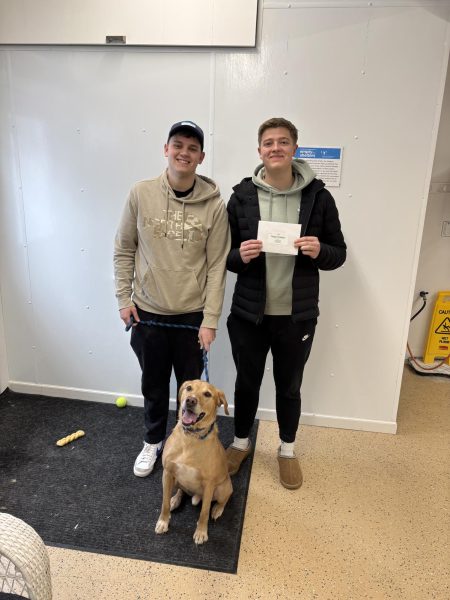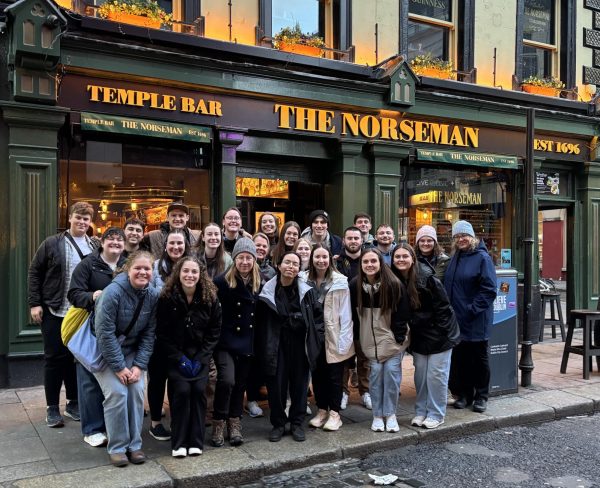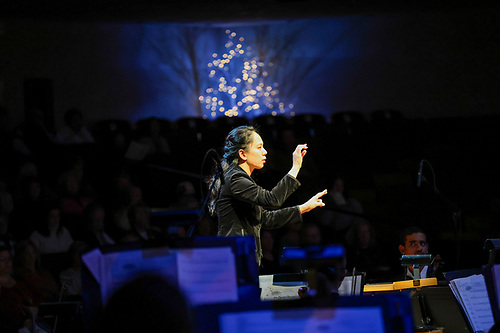De-Stressing and Refocusing at Luther
With Luther students and staff going into the final weeks of the spring semester, stress seems to be pressing in from all sides. There are music juries to prepare for, papers to write, final games of the season, projects to finish, and finals to cap it all off. Given all these stressors, many students are turning to the various stress relieving outlets that can be found on campus.
Some of the more well known methods to de-stress have been available to the Luther community all year, such as exercising in various Regents Center facilities or visiting counseling services, but there are also some new activities available this semester for students looking for a way to de-stress. These include: Koru Mindfulness, a four week program led by Stuart Johnston during shadow block each Thursday; Yoga Flow, led by Maddie Perreard (‘22) at 5:30 every Tuesday and Thursday; and Silent Meditation, a Zen Buddhist based refocusing practice led by Reverend Shoken Winecoff and Associate Professor in Paideia Scott Hurley every Tuesday at 5:15. While each practice is different, all are activities available to the student body to help address their stress or promote better self-awareness.
Led by Luther counselor Stuart Johnston, Counseling Services is holding Koru Mindfulness sessions all throughout this April. Koru Mindfulness is designed to teach college students different mindfulness techniques that they can incorporate into their daily lives. The sessions are being held each Thursday during shadow block in Melanchthon, room 205 of the CFL. Two psychiatrists at Duke University, Holly Rogers and Margaret Maytan, developed the Koru Mindfulness curriculum. Mindfulness and mindful meditation typically centers on one’s awareness, bringing attention to one’s breath and where one feels the breath in their body.
“We start with a five-minute breathing exercise,” Johnston said. “Then we’ll do a check-in to see how people’s practice has gone. I have some teaching points that I go through, and then the students learn two new skills.”
Registration is required for these mindfulness sessions, and attendees are obligated to attend all sessions once they have registered. After initial enrollment in the course, students download a companion app. This allows students to complete short, guided mindfulness exercises each day, and they will be prompted to express gratitude or journal about how their mindfulness exercise went.
Another helpful de-stressing practice for many is yoga, a spiritual and aesthetic discipline using breath control, basic meditation, and various bodily postures or movements to recenter one’s mind and body. While yoga classes have been held sporadically at Luther, they are currently being led by Perreard in the Regents dance studio every Tuesday and Thursday at 5:30 p.m. The bi-weekly yoga flows are open to anyone in the Luther community, and Perreard recommends them as a great de-stressing and refocusing tool for one’s mind and body.
“Something I think is really important in my yoga practice that I try to bring into my class is just that body awareness,” Perreard said. “You can drop into your body and come back to the breath, and kind of use that as an anchor. When things get really stressful or hectic on the outside, it’s a really good coping mechanism to be able to come back into the physical body and operate from there instead of everything going on in your head.”
One last practice with a slightly different purpose is silent meditation, currently held over Zoom by Winecoff and Hurley on Tuesdays at 5:15. Though often assumed to be a specifically stress relieving practice, as it is based around calming the mind and observing one’s overwhelming thoughts or feelings, Hurley noted that Zen Buddhist meditation was not designed as a way to de-stress.
“The practice is rooted in and based upon Zen Buddhist Meditation,” Hurley said. “It is not about the elimination of stress. It is a common assumption that Buddhist meditation is [for] helping people de-stress, but in fact the purpose of Buddhist meditation is to ultimately attain enlightenment.”
Sitting in silence with one’s thoughts can be a very intense experience, and will not always leave one feeling relaxed the way that some other refocusing practices might. However, the practice of sitting with your eyes closed, focusing on your breath, and counting silently to remain focused amongst your thoughts can potentially be very helpful for those who have a hard time being present and staying in control of their own mind.
“When thoughts or emotions come, really all you are doing is noting that they are there, and then returning to your breathing,” Hurley said. “Part of this is about calming the mind, but that is not the same as relaxation. The meditation helps you to be in the moment.”
With so many new and different opportunities available, hopefully those who are struggling in these stressful times can find an outlet to help them crank out these last remaining weeks.






